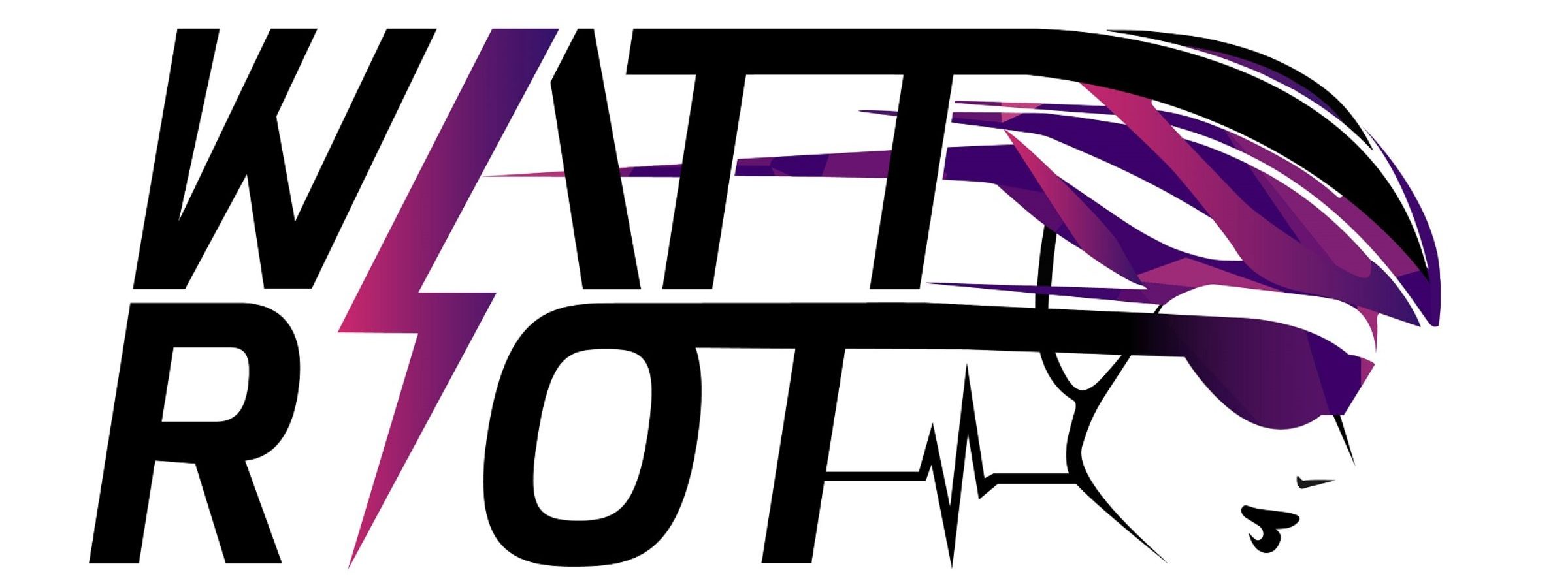First let’s start by saying thank you to the Alberta Bicycling Association and the Saskatchewan Cycling Association for taking the time and care to bring over 70 women across two provinces together. Collaboration and a common voice is the way to make change and we believe this conference had all the intentions of doing that. Friends were reunited post race season, disciplines found common ground, new friends were made.
The stage was set with an aggressive agenda running from 10am – 3:30pm with the intention of having three main break out sessions. These break out sessions would serve to answer the meat of the issues faced by women in cycling.
Session one served the role of looking at where we are right now, and more specifically was about getting organized and creating a structure and purpose, thereby setting the stage for the day. There were three stations we rotated through (organized by first name) those stations were:
- how we got started / getting off the ground
- recruitment and retention
- culture of the sport
Session two was meant to look at barriers to women in the sport of cycling and broke down into three sub sessions that organized participants by discipline, location, and then level of competition/experience.
These two sessions took us all the way to 3pm when unfortunately many participants had to leave to make other commitments (including the Watt Riot members). We saw there was a group photo, and it sounds as though the final portion of the agenda entitled Bridging Across Disciplines, was not addressed. Though, with connections made during the course of the day, it will be interesting to see if that unfolds organically as we roll through 2020.
At the surface, this agenda is great, however, it became apparent in the first session that there was a fairly big disconnect in the room as to the purpose of the event. Some of that is on us for not asking the question: with the group having grown to this size, how are we going to organize so that the hard topics are addressed? Conversations flowed around a lot of generalization, not much story sharing, and an apparent undertone of looking at how women can/do fit into the masculine realm vs. how we shift the culture and make space for all individuals.
To me, and to our team, discussing how women should find our space in a male culture, which reduces us to addressing and managing individual personal experiences, was a huge disappointment. The discussion we were hoping for was how we make space in our culture, which can be achieved via political strategy and how we govern as a sport. Which is the long haul solution our community so desperately needs. We were all attending a conference for women in cycling with culture and barriers on the agenda and people were not willing to acknowledge the barriers specific to women. For example: when trying to address why there aren’t more women on cycling boards the issue was skirted with, “we don’t have time with kids and jobs” and “well we heard it’s a lot of work.” When instead we should have talked about the fact that the women are expected to provide the childcare and therefore have less time than their male counterparts who are sitting on those boards. Or the fact that when women do get on boards they are undermined and circumvented by their male team members who are used to getting what they want when they want it. When these were mentioned many individuals recoiled at those facts and restated, “we have kids.” This my friends, is exactly the problem.
It became very apparent at the Women in Cycling Conference that many women in the cycling realm are so entrenched in patriarchal society that they cannot even see where the barriers for them starts. Let’s work on that. We’ve had a conference that was really more of a community conversation compared to finding solutions and paths that start at the individual and extend up to the governing body. These conversations need to keep happening at the club level and continue outward. Some of the general issues brought up can be addressed via working with facility teams or working through your local council. These things aren’t addressing the issues specific to women in sport; they have a platform for investigation, so let’s take them there. When it comes to specifically addressing sexism entrenched in our sport, we need to do better at setting the stage and having those hard conversations. Perhaps this is best done in a smaller more politically minded group willing to look at the why our system works the way it does, such as the lack of women on boards, and willing to examine and set a strategy of how we can start shifting the culture.
This conference was a great start in that it brought together many members of our community who’ve never had a chance to speak their mind amongst other women, but let’s not kid ourselves into thinking we solved anything here. Conversations are the start of finding solutions; political activism instills change. In fact, if this conference has proven anything, it’s that we have a lot further to go than we realize.
